Ihab Elmasri
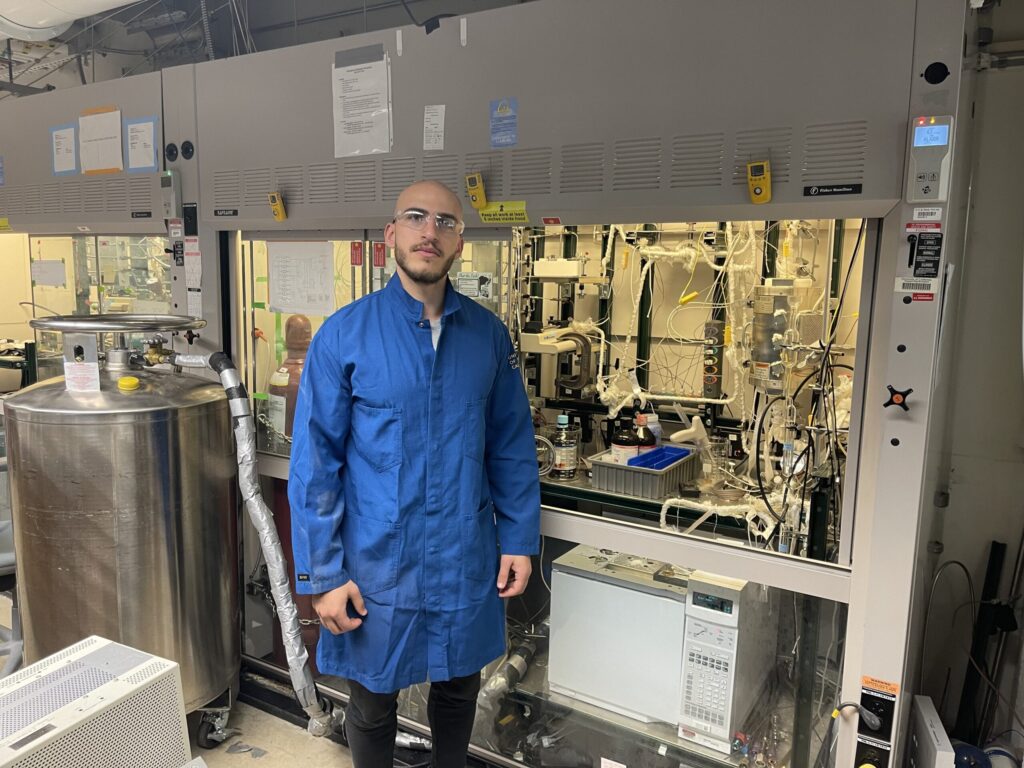
Current processes for the production of partially oxidized alkanes constitute a large portion of the energy consumption of the petrochemical industry. The conversion of low cost and readily available alkane feedstocks to more useful unsaturated hydrocarbons and oxygenates while making use of cheap oxidants such as oxygen can circumvent the need to rely on the energy intensive and environmentally harmful processes currently implemented. Through the use of a Cu-MFI catalyst, Ihab plans on tackling this issue by synthesizing a collection of copper catalysts with various copper loadings. Varying the number […]
Sushil Bohara
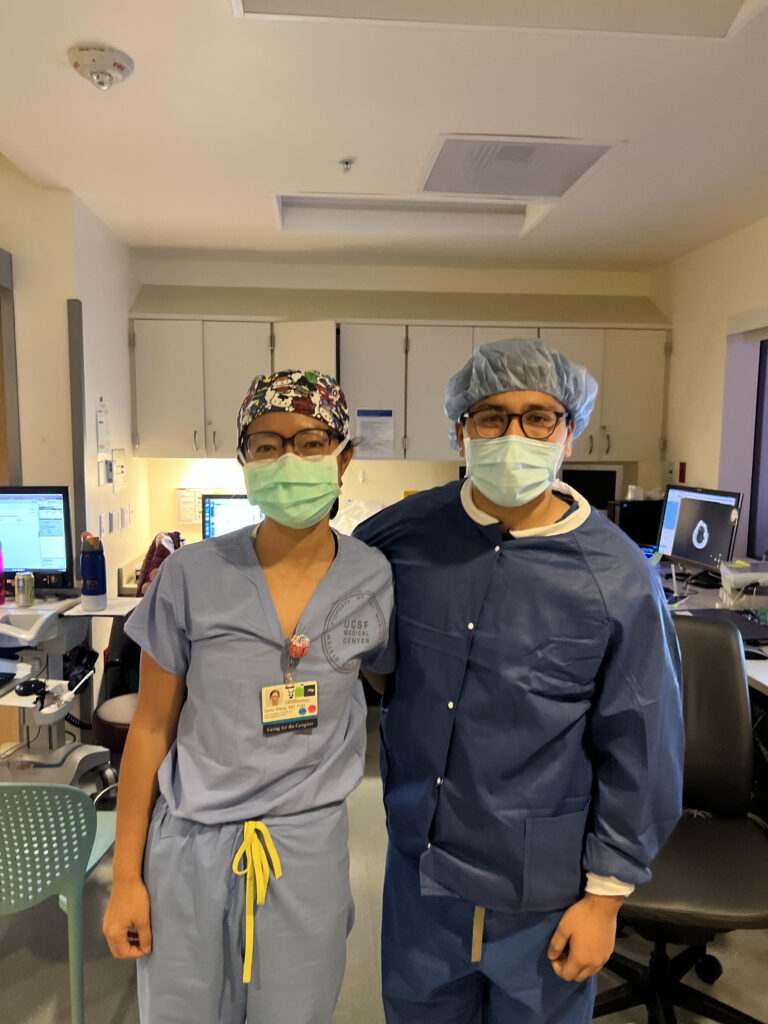
Obsessive-Compulsive Disorder (OCD) is a common psychiatric disorder characterized by intrusive anxiety-provoking thoughts and repetitive behaviors. Deep brain stimulation (DBS), an implantable neuromodulation therapy that can effectively modulate neural circuits in the brain using electrical stimulation, has emerged as an approach to treat severe cases of OCD. To address the current need for reliable biomarkers of OCD symptom response to DBS to inform the optimal brain targets for OCD patients, Sushil will evaluate functional MRI data acquired simultaneously to DBS in a cohort of patients with medication-refractory OCD to comprehensively […]
Verina Atallah
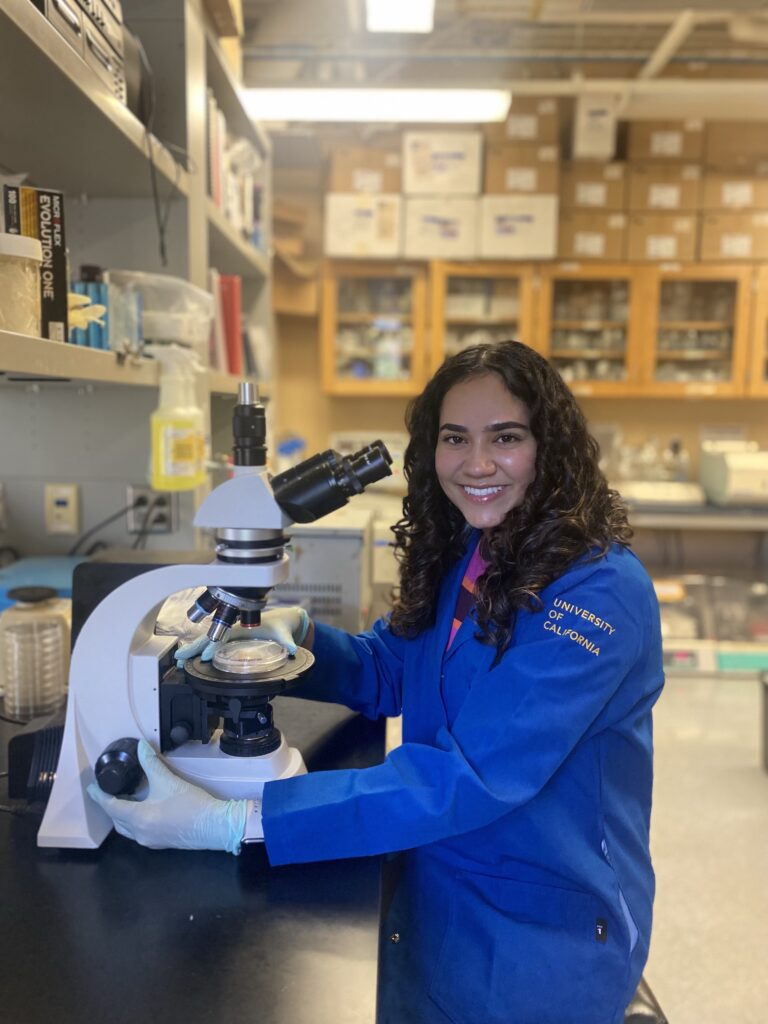
Human Cytomegalovirus (HCMV) is an important viral cause of disease globally especially in immunocompromised persons. Current medications to treat HCMV infections (Ganciclovir) have a poor safety profile, and risk the potential to select for drug resistance. Antibodies and immune cells confer partial protection against HCMV; however, the contribution of other immune defenses such as the complement system remain poorly understood. In this study, Verina will employ a yeast-two-hybrid screen using an HCMV gene library to identify protein-protein interactions with human C1qBP, a multifunctional intracellular complement protein. Following identification, Verina will […]
Yanying (Tiffany) Chen
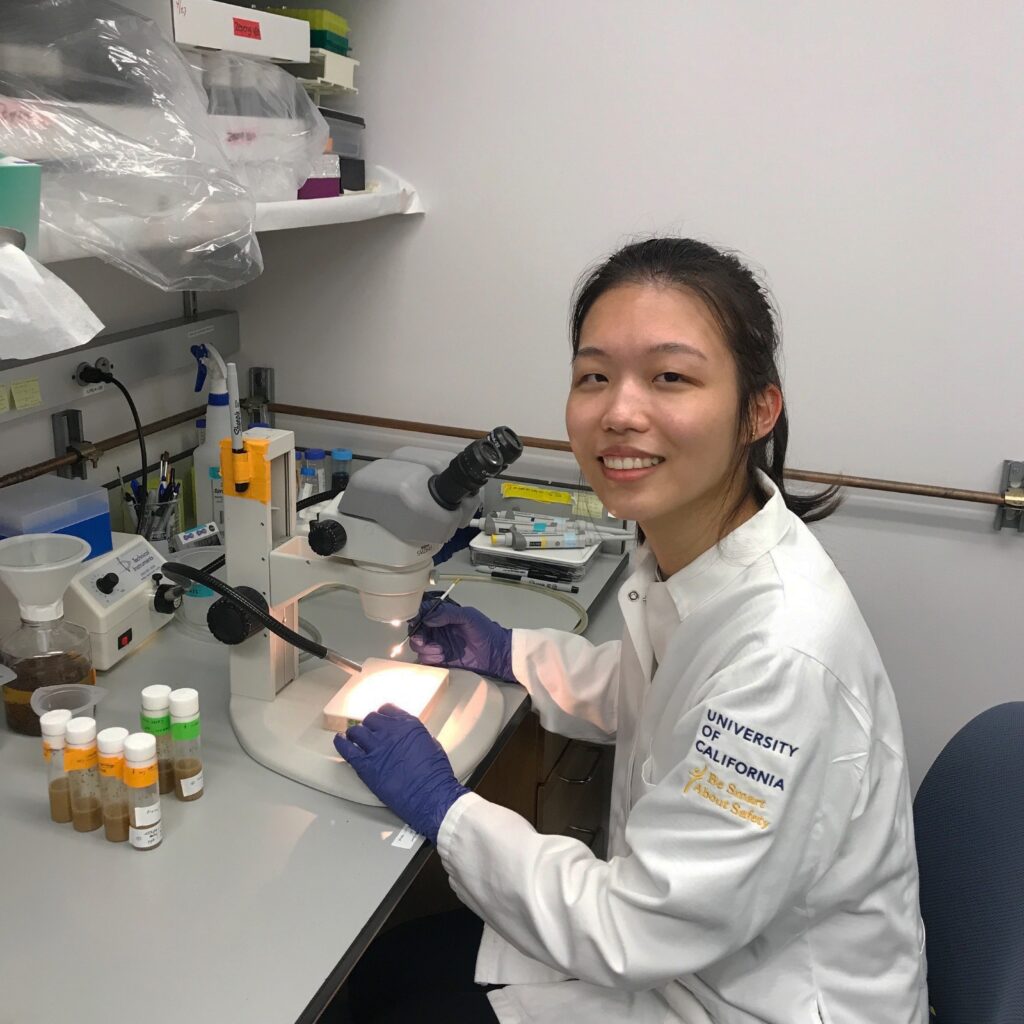
Obesity constitutes one of the greatest public health challenges, having a high prevalence and increasing the risk of serious complications. Obesity is essentially caused by an imbalance of energy intake and expenditure, which is under the tight regulation of the nervous system. The goal of this project is to investigate the genetic causes of abnormal food intake and eating regulation, by studying the different mechanosensory and chemosensory receptors present in the fruit fly Drosophila melanogaster’s digestive system. Tiffany will perform immunofluorescent staining and imaging using confocal fluorescence microscopy to identify […]
Christian Paul Nixon
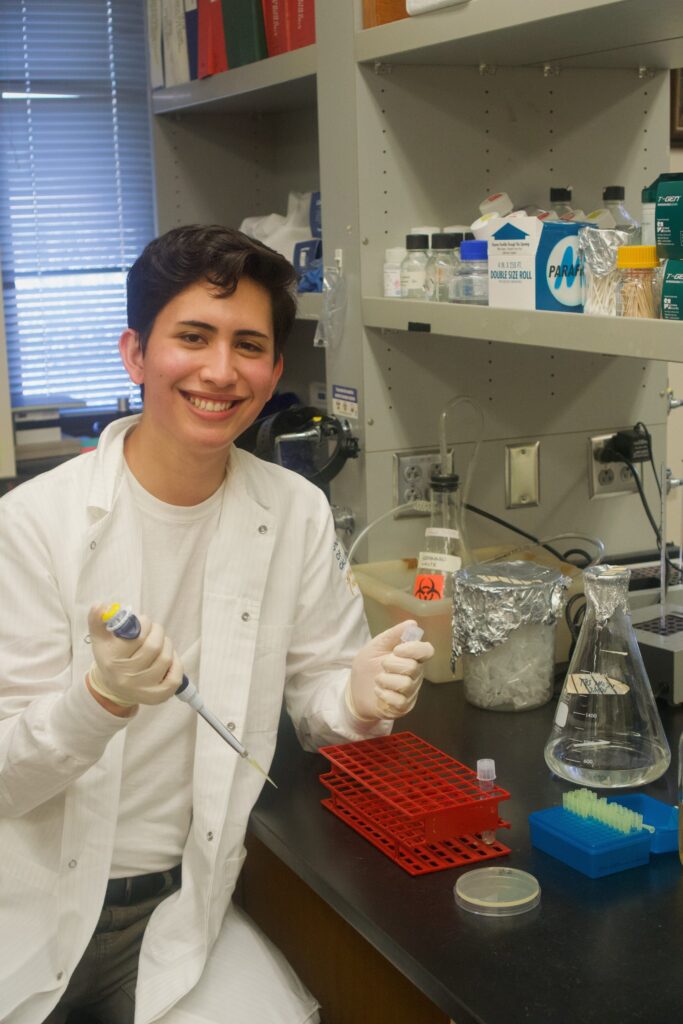
Kaposi’s sarcoma-associated herpesvirus (KSHV) establishes lifelong infections and can cause various cancers in immunosuppressed individuals. KSHV lies dormant in infected individuals’ cells and reactivates intermittently to cause disease and promote transmission. Current scientific literature lacks an understanding of the KSHV gene open reading frame 69 (ORF69). In this project, Christian will employ a two-step mutagenesis technique in E. coli to generate ORF69 knockout and revertant mutants in a KSHV bacterial artificial chromosome (BAC). After transfecting a Kaposi’s sarcoma cell line with the BAC vectors, inducing lytic reactivation, and infecting 293T […]
Hector Lopez-Orozco
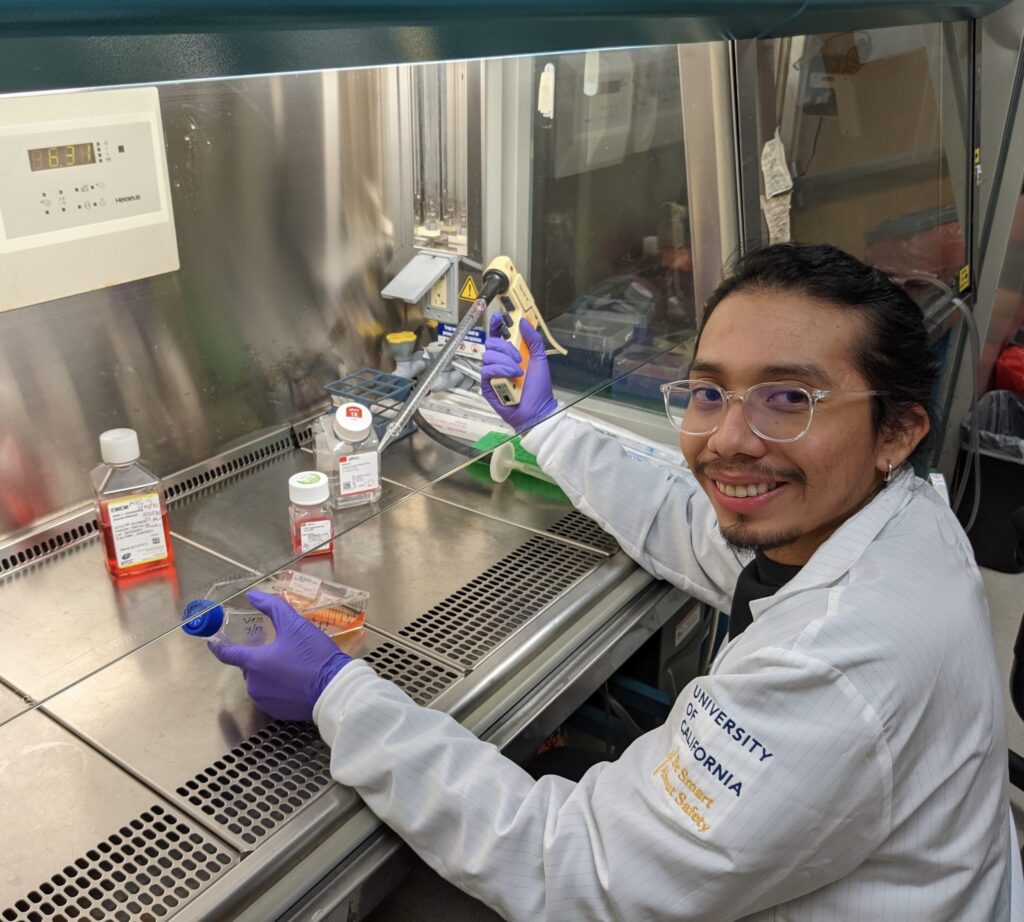
Human Cytomegalovirus (HCMV) infects 60-90% of humans globally, and while infections are largely asymptomatic, they can be severe or fatal in immunocompromised persons. No vaccines exist to prevent HCMV infection due to an incomplete understanding of the viral mechanisms used to evade host immunity and establish lifelong persistence. Complement is a system of proteins present in blood that serves as an initial line of defense against microorganisms; however, little is known about the role of complement in protection against HCMV. For this project, Hector will investigate the role of MASP1 […]
Seung Won Lee
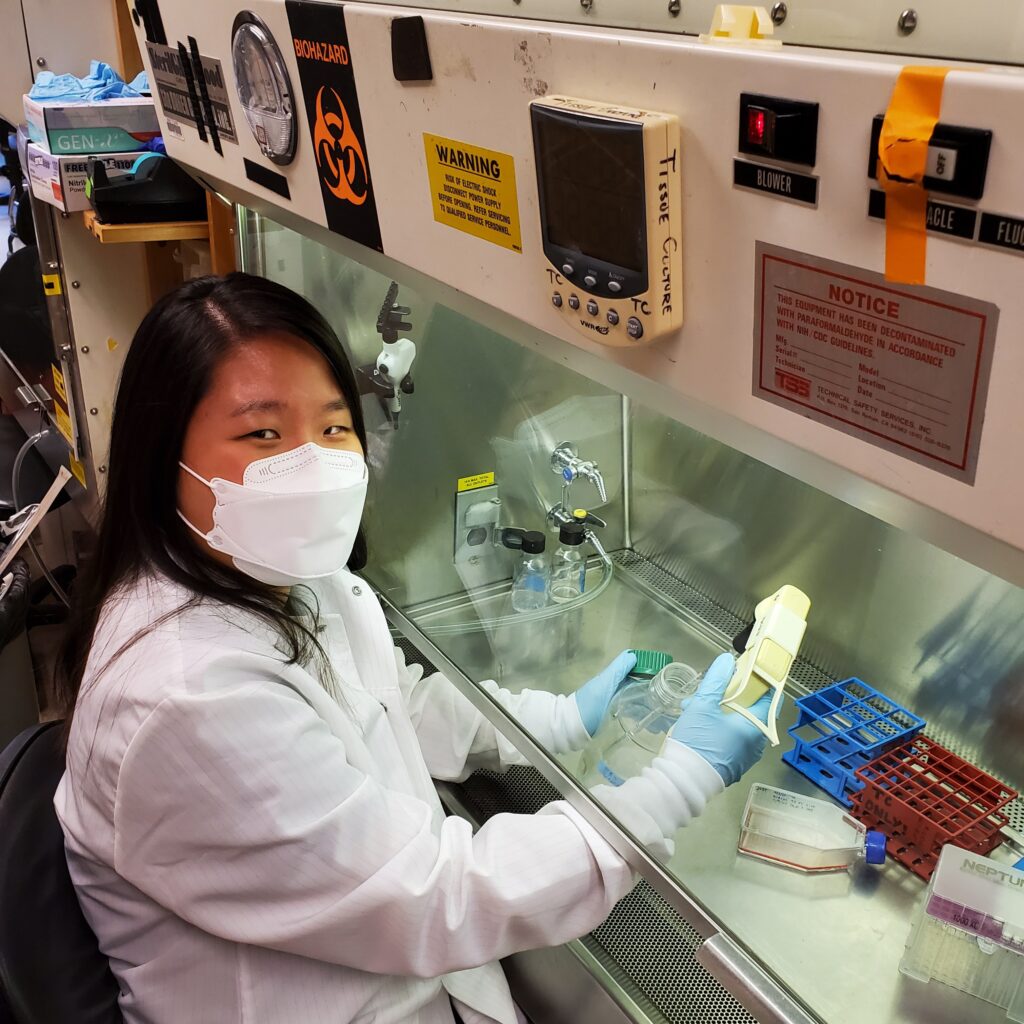
Natural killer (NK) cells play an important role in the innate immune system in eliminating viruses and tumors. Unfortunately in environments lacking class I major histocompatibility complex (MHC-I) proteins, as is the case in 40-90% of human tumors, the NK cells can become desensitized and unresponsive. In her project, Seungwon will modify the expression of two phosphatases, Ptpn6 and Ptpn 22, that have been found to be expressed at higher levels in anergic NK cells to study the molecular mechanisms of NK cell desensitization. Findings have the potential to guide […]
Richard Ruan
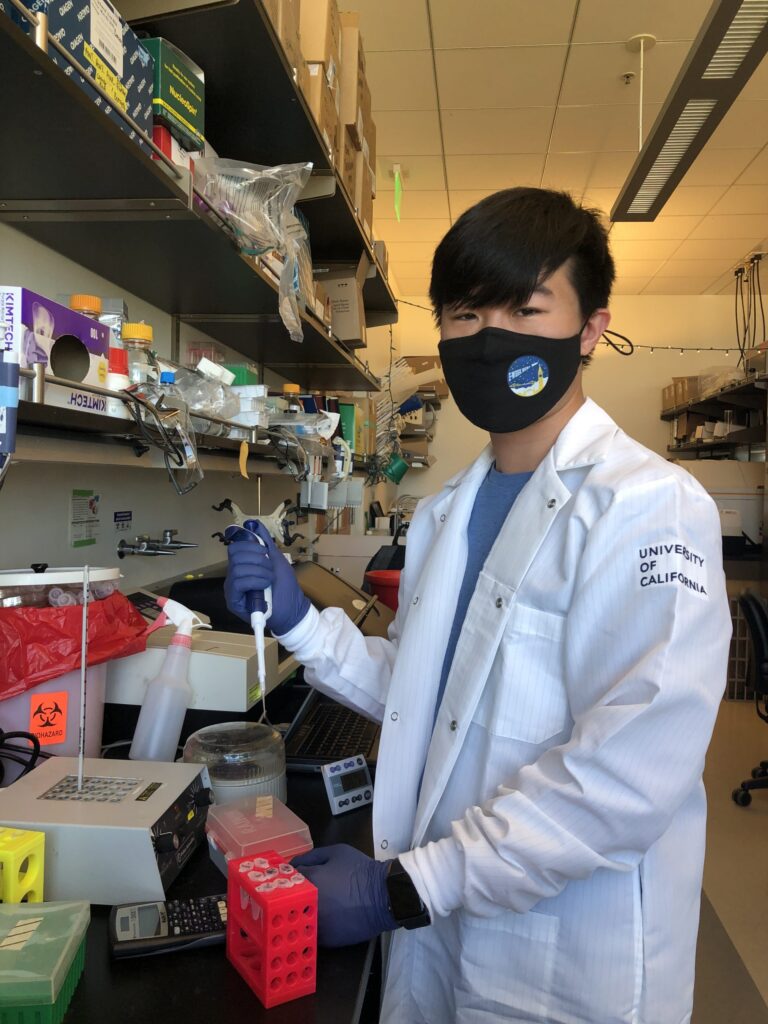
Dengue disease is caused by four serotypes of dengue virus (DENV), and associated symptoms can range from undifferentiated fever to severe vascular leakage. DENV nonstructural protein 1 (NS1) was recently found by the Harris laboratory and others to be a key factor in causing the endothelial barrier dysfunction that leads to vascular leakage, but the mechanism is not yet completely understood. Richard will focus on identifying possible host factors critical for NS1-induced pathology by generating a list of host factors of interest from pilot gene expression analyses, and then validating […]
Novalia Pishesha
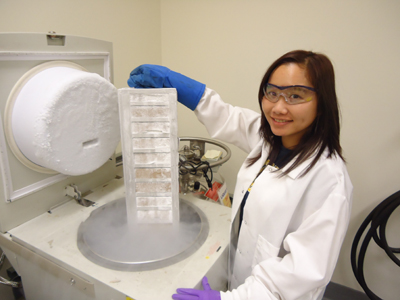
Current Bio: After graduation, Novalia completed a PhD in Biological Engineering at MIT. She is currently a Junior Fellow at the Harvard Society of Fellows. Haas Scholars Project: The slower muscle regeneration observed in older people is due to the less supportive extrinsic biochemical make-up, which constitutes the microenvironment of damaged muscle, in older people as compared to younger people. Muscle regeneration involves an inflammation phase during which the immune cells partly architect the microenvironment surrounding muscle injury. Nova would like to decipher the mediator and pathways that might bridge […]
Jessica Nichole Pasqua
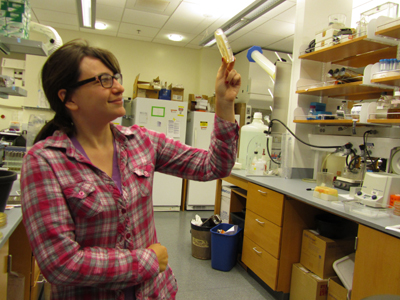
Methylenetetrahydrofolate-reductase (MTHFR) is an enzyme involved in the synthesis of methionine, an essential amino acid. Due to MTHFR importance for cellular health, Jessica studies MTHFRs in yeast species Saccharomyces cerevisiae through analysis of paralogous genes MET12 and MET13. The Met12 and Met13 proteins are both MTHFR enzymes, however based upon biochemical results Met12 appears to be non-functional. Recently Jessica showed that Met12 has been non-functional for millions of years, since it also lacks function in yeast species Saccharomyces bayanus. Since yeast aggressively remove non-functional elements from their genomes, this result […]